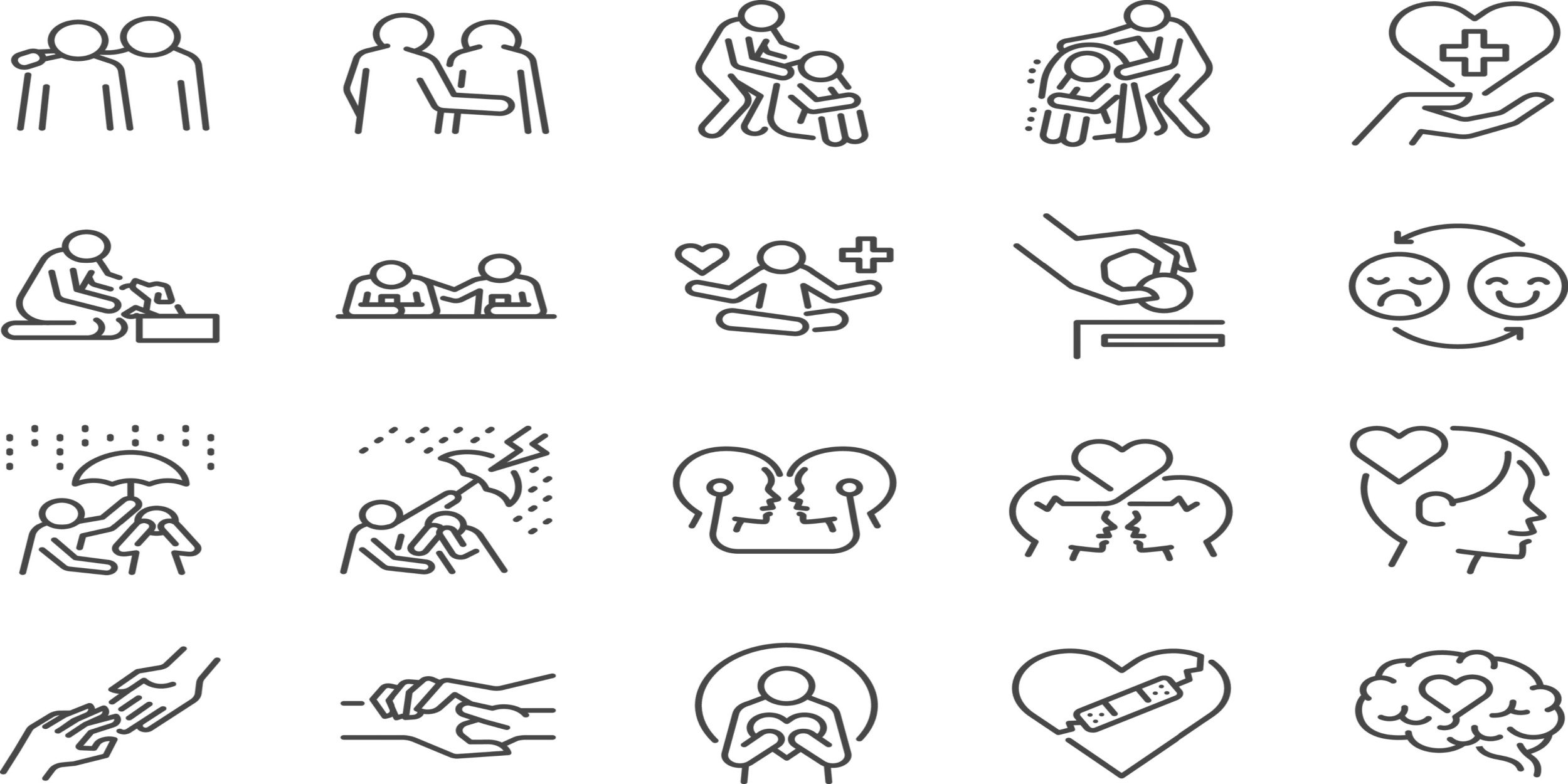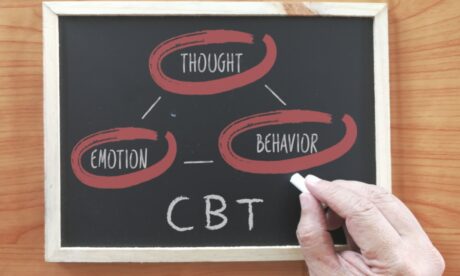Depression is a serious mental health condition that affects numerous people worldwide. There are various treatments available. These treatments allow the patient to feel slightly better and sometimes even help cure the condition! One of those ways is depression counselling.

Counselling is one of the most effective methods for managing and overcoming depression. Knowing when to ask for support can significantly reduce the severity of your symptoms. In this blog, we’ll cover all the information regarding counselling for depression.
What is Depression?
Depression is more than just feeling down for a few days. It’s a common but serious mental health condition. Namely, it negatively affects how you feel, think, and behave. In fact, it can even attack your physical health! Depression goes beyond just feeling low. It has biological roots that can make someone more vulnerable. Also, depression can even physically change the brain. This emphasises that depression is a medical condition, not a personal failure.
As to what causes depression, it’s not quite known. Usually, it’s a trauma response or from a distorted view of themselves or the world. Sometimes, it can have no apparent reason and yet be noticeable. Studies suggest that genetics and brain development also play a significant role. People with a family history of depression are more likely to experience it themselves.
Types of Depression
Depression isn’t a one-size-fits-all condition. There are various types, each with its unique characteristics. Here’s a brief overview of some common forms:
- Major Depressive Disorder (MDD): This is the most well-known type of depression. It is characterised by tireless sadness, loss of interest, and changes in sleep or appetite.
- Persistent Depressive Disorder (PDD): Previously known as dysthymia, PDD is a milder but longer form of depression. It lasts for at least two years. Symptoms may be less severe than MDD, although they can still significantly impact daily life.
- Bipolar Disorder: This condition involves episodes of both depression and mania (elevated mood and energy levels). While depression is a leading feature, bipolar disorder requires a specific diagnosis.
- Seasonal Affective Disorder (SAD): Also known as “winter blues,” SAD is triggered by the changing seasons. It usually occurs during the fall and winter months, when sunlight exposure is reduced. Symptoms often improve with increased light therapy.
- Peripartum (Postpartum) Depression: This type of depression can develop during pregnancy or after childbirth. Hormonal changes and the stress of parenthood can contribute to symptoms like fatigue, anxiety, and difficulty bonding with the baby.
Atypical Depression: This type of depression presents with unusual symptoms such as oversleeping, increased appetite for carbohydrates, and leaden paralysis (feeling heavy in limbs).
What is Depression Counselling?
Counselling for depression is a form of talk therapy. It provides a safe and supportive space to label the emotional roots of depression. Moreover, it’s a combined effort between you and a trained counsellor. As a result, this helps you understand your feelings and equips you with tools to manage them. Furthermore, you’ll explore underlying issues, develop coping mechanisms, and learn self-compassion.
How Does Counselling Help Depression?
Depression Counselling may involve various therapeutic approaches. Such as:
Cognitive-Behavioural Therapy (CBT)
CBT is one of the most recommended therapies approved by the National Institute for Health and Care Excellence. It helps individuals recognise and challenge negative thought patterns. As a result, replace them with more balanced and realistic beliefs.
Interpersonal Therapy (IPT)
In interpersonal therapy (IPT), individuals learn effective communication and relationship skills. Thus, it addresses conflicts and improves social support networks. As a result, it can ease feelings of loneliness and isolation.
Psychodynamic Therapy
Psychodynamic therapy focuses on discovering how a person’s unconscious thoughts affect their behaviour. The aims of psychodynamic therapy are the client’s self-awareness and knowing the influence of the past on present behaviour.
Mindfulness-based cognitive therapy (MBCT)
MBCT combines meditation with CBT techniques. By training you to stay present and identify negative thought patterns, MBCT helps break the cycle that fuels depression. Moreover, you’ll learn to manage emotions and practice self-compassion. As a result, it helps build resilience for a brighter future.
How Effective is Counselling for Depression?

Counselling is about more than just listening attentively. Instead, it has many other functions and benefits that can help you overcome depression. Here are some key benefits of counselling for depression:
- Uncover the roots of your depression.
- Build resilience to manage difficult emotions.
- Shift perspective to challenge negative thinking.
- Boost self-compassion for a kinder inner voice.
- Improve emotional regulation for better control.
- Enhance communication skills for stronger relationships.
- Increase motivation to move forward with purpose.
- Develop problem-solving skills for tackling challenges.
- Reduce stigma by normalising your experience.
Conclusion
Counselling for depression is like talking to someone who wants to help you feel better.
When you’re feeling sad or hopeless, it helps you understand why you’re feeling that way. And teaches you ways to cope better with your emotions. During counselling, a trained therapist listens to you, offers advice, and helps you find solutions. As a result, you will feel happier and gain more control of your life.
Want to know more exclusive insights and knowledge about counselling for depression? If so, then enrol in our Unified Course’s “Depression Counselling” course and start your counselling for depression training!




